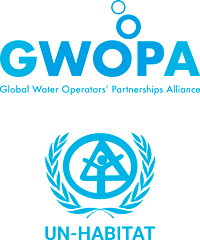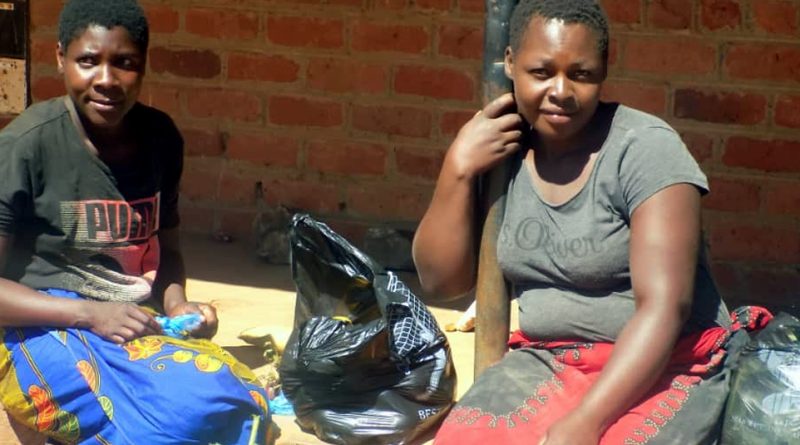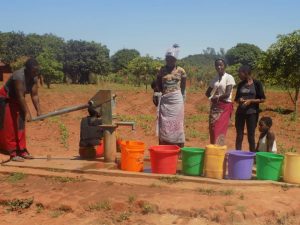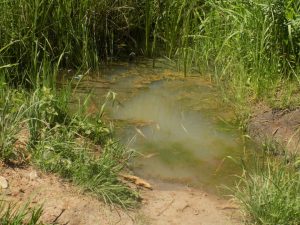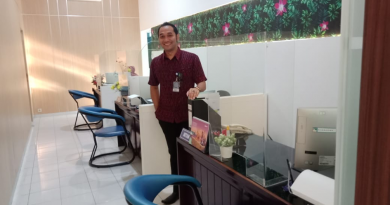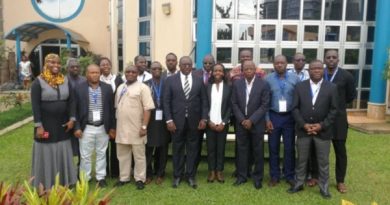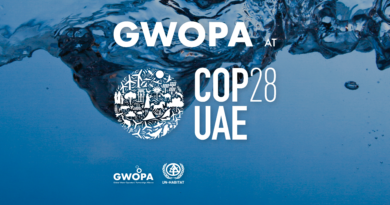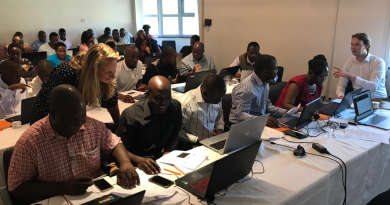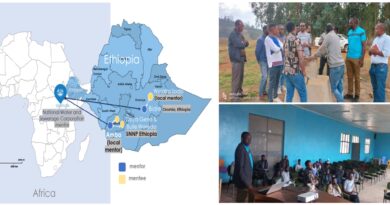WaterWorX WOP to Supply with Potable Drinking Water the Low-Income Area of Changalume, Malawi
“Both Gertrude and Happiness [from Changalume] believe that having potable water easily accessible to their community will improve their sanitation and health, will simplify their life, and will give them time and energy to attend other productive chores (…) The children will have enough time to concentrate on their education.”
In the framework of the WaterWorX programme, the partnership between the Dutch VEI and Southern Region Water Board (SRWB), head officed in Zomba, Malawi, has made a proposal for Water for Life to extend the Water Operators’ Partnership (WOP) activities to the rural area of Changalume, not supplied yet with potable water. The proposal was approved by the board of Water for Life last December 2019, and all actors involved are now in the process of finalizing the detailed design and technical specifications.
SRWB conducted interviews with some locals of the area of Changalume to be better aware of the needs of the community. The information collected will be used to improve the WOP’s targeting and performance, with the ultimate goal of ensuring safe access to clean water and sanitation and, therefore, to improve the lives of the community.
One of the interviewees, the 36-year-old Gertrude Majunga, explained she wakes up before sunrise to collect water at the nearest borehole from her village. The water source is shared with other four neighboring villages. The borehole malfunctions and breaks down frequently. “When the borehole breaks down, the community collects water from a well that is located further away from the village. The water at the well is dirty but that is all there is for an alternative”, she explains.
Gertrude (left) at the borehole with friends. Courtesy of VEI and SRWB
Alternative source when borehole malfunctions. Courtesy of VEI and SRWB
Happiness Namwiyo is a 17-year-old orphan who lives in the same village as Gertrude. Spending long time fetching for potable water affects both her studies and the time to look for piecework. Just like Gertrude, almost every day she has to wake up very early to be able to collect water.
According to both, having potable water easily accessible to their community will improve their sanitation and health, will simplify their life, and will give them time and energy to attend other productive chores. They also highlight the importance of implementing the proposal approved by Water for Life, which will allow children in the low-income area have enough time to concentrate on their education.
The evolution of the partnership
SRWB initiated a number of important activities in Zomba after acknowledging the need to further reduce physical and commercial losses (NRW), improve the collection efficiency and reduce the disconnection rate; a number of activities that has been supported in their implementation and scaling up by the WOP between VEI and SRWB under the WaterWorX programme since January 2018.
SRWB is actively engaged in capacity building. Ever since the start of the WOP, several employees have been trained, internationally or by experts from the WOP, on NRW, GIS and pro-poor amongst others. The WOP also has a Young Expert Program (YEP), in which junior experts and operators are also trained and involved in the WaterWorX programme.
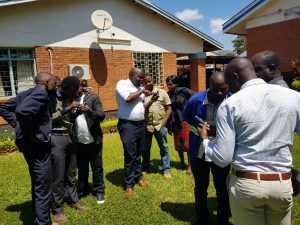 GIS trainings. Courtesy of VEI and SRWB
GIS trainings. Courtesy of VEI and SRWB
Moreover, with the help of one of the short term experts (STEs), a project is being set up to increase debt collection and decrease Non Revenue Water (NRW). The project is called project “clean sweeping” and is aimed at tackling debt collection and NRW per District Metered Area (DMA), starting with the biggest defaulters. Currently the processes within the project are being developed and it is expected to be launched in March.
